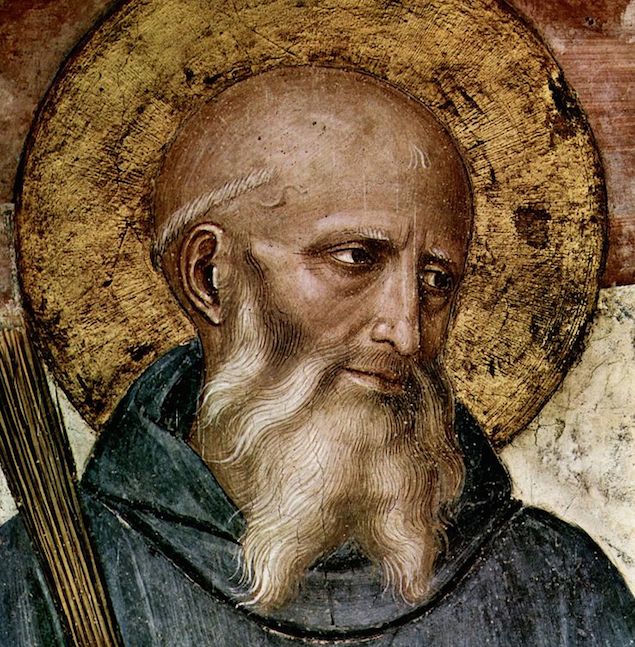Self-knowledge
There are many and varied degrees of confession difficult to practice and hard to enumerate. The first path and the first step on the way is self-knowledge. From heaven, the maxim came down: “Human, know thyself.” See how the bridegroom in the Canticle of love says the same thing to the bride: “If you are ignorant of yourself, O most beautiful among women, go forth” [Song 1:7]. Self-knowledge has three elements: people know what they did, what they deserved, and what they lost. What is more vile, O noble creature, image of God, likeness of the Creator, than to render your flesh impure with carnal immorality and thus to lose the torrent of pleasure for a brief sensual pleasure? What is so raving mad as to be carried away by anger, exalted by pride, troubled by envy, and tormented by anxiety? Why do you embrace dung, you who were nurtured in saffron [Lam 4:5]? Remember also what you have merited. . . . Turn back your eyes and note what you have lost. . . . If you bind your soul with this triple cord you will know and realize that being convinced of one’s sin is the beginning of salvation (Div 40.3).
Persons who consider that comfort and happiness are the default state of human beings will never accept the intrinsic pain of being human, will blame others for their condition and be unwilling to accept the monastic remedies that will offer them real relief. “Don’t you see how useful it is for persons to know themselves as human [quam utile sit homini scire se hominem]? From this [knowledge] they will be prepared to be obedient to the commandments and to tolerate afflictions so that [they will understand] that in this present life they cannot escape from labor or pain and, if they do experience labor and pain, these will become salutary foods for them” (Div 2.5), remedies for the illness of the soul (Div 105).


